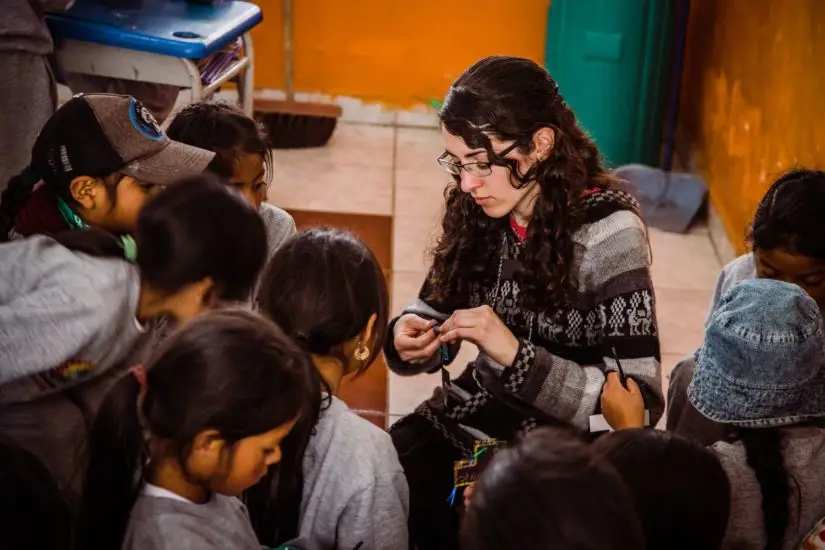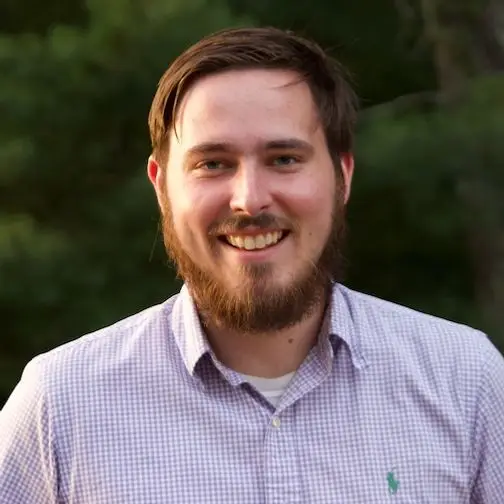Writing Our Own Case Studies: How Unbound Students Learn Differently

How does Unbound practice project-based education?
“Experience is the best teacher.”
Those words are usually trotted out after a mistake or failure. And for good reason: failures help us learn.
The broader principle of learning from experience, both good and bad, still rings true.
That’s what project-based education is all about.
There is an old saying that goes, “Tell me and I forget, teach me and I remember, involve me and I learn.” This is the foundational principle of project-based education: learning is best done by doing. Application isn’t just the utilization of learning, it’s a core part of the learning process.
The future of education in your inbox.
Get productivity tips, commentary, and Unbound updates sent to you!
How Box Schools Do Education
You may not be familiar with the term box school, but I guarantee you are aware of many of the big ones. A box school is a college that puts students in a box: sits them down in a lecture hall, assigns papers and exams, and churns out graduates after several years. They’re those big public universities that you’ve probably seen competing for national athletic championships.
While there’s nothing wrong with the volume of students, these box schools are doing a poor job of preparing students for impactful lives. They’re saddling students with debt and actively undermining their faith.
Students at box schools study case studies. They look back at what other people have done and they critique and analyze it. There’s certainly a place for that, but students that use project-based education create their own case studies.
Let’s refer to our “old saying” above: box schools teach students, so that they’ll remember long enough to pass a test. Don’t get me wrong, tests, papers, and lectures all have their place in education. They’re great tools to grade the effectiveness of education. But students need an education that goes beyond information and prepares them for the work they’re going to do in the real world. This includes soft skills like leadership, communication, organization, and discipline.
How Unbound Does Education
Unbound’s Ascend program hits the sweet spot, combining responsible academics and rigorous preparation for the wide demands of real life.
You see, real life requires information and knowledge. But it also requires wisdom. It requires you to know how to act in certain situations. That’s not something you can test through an exam.
When students join the Ascend program they will be assigned to a team with 5-10 other students. Each student will choose a project to focus on through the year, in addition to their online classes.
The Ascend Teams are important, because they provide community support for project-based learning. Experience is a great teacher but it can also wear us down when things go wrong, which makes the need for community so much stronger.
This project will be a chance for students to do something and learn from their experiences. Whether it’s building a business or a canoe, Ascend students create their own case studies and walk away from their year in the program with a new set of skills, a new community of support, and a completed project.
Learn With Skin in the Game
Ascend students practice learning by doing. It’s a road less travelled, and yes, it does make all the difference. Ascend students are being prepared for real life: family, work, relationships, personal responsibility, creativity, and leadership. They’re getting real experience while they earn college credit.
“Tell me and I forget. Teach me, assign me papers, make me take exams, and I might remember. Involve me, challenge me, help me put this into practice, and I learn.”
Ascend applications are open. Apply today.



